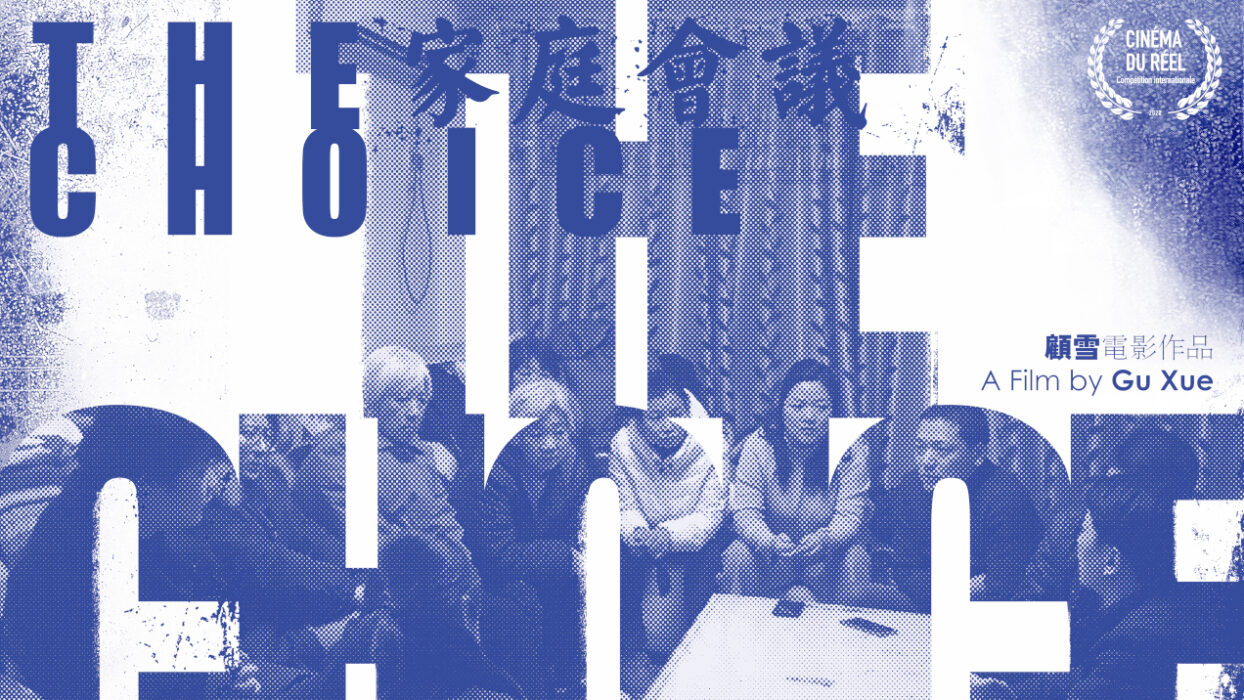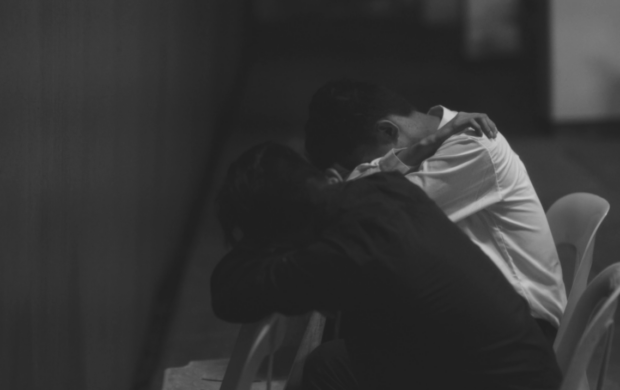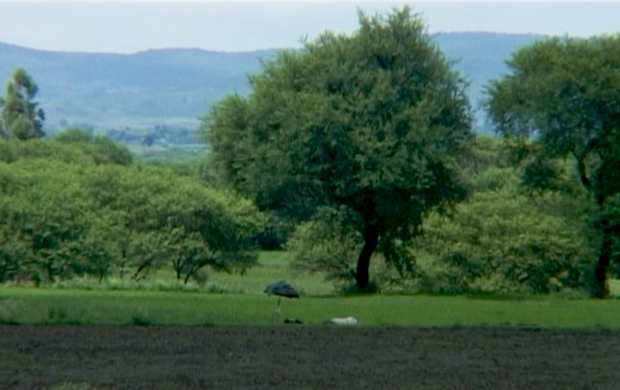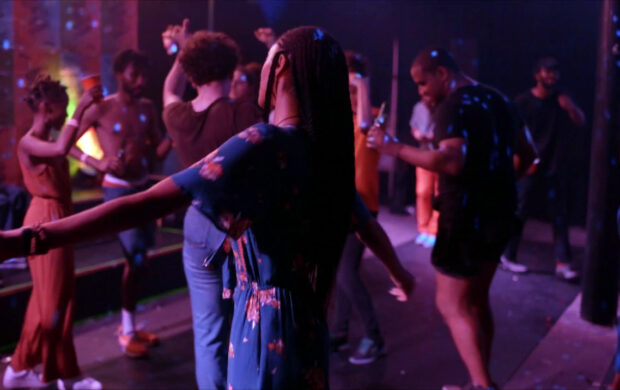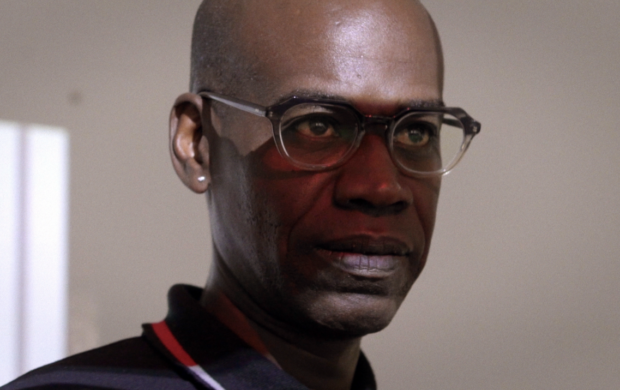The Choice
JIA TING HUI YI
- 2019
- China
- 66 min
- Chinese
The aunt is in an intensive care unit. Her son, Shi Hengbo, called upon all the relatives to discuss how to deal with this situation. At this family meeting, everyone had different opinions.
A shot, a time, a room and a choice to be made by the family gathering in the single take of The Choice. Not far from here, in a hospital, an aunt is in intensive care. There is little chance of her waking up but: should they leave her in hospital or bring her home? What does the doctor say? Can she get better? Who is responsible? How much will it cost? The discussion is unemotional, the question practical. Hold back your tears, we are here to make a serious decision. And “we” is the appropriate term. We do not intervene, but we are part and parcel of the circle. The single take is not static, it pans right and left, like a slow head movement, signalling our presence to group by the dispositif, which is fully included in the drama unfolding before our eyes. The family affair seems to be an impasse, no one agrees, the arguments wend between belief systems and money problems. When arguing, each is unable to advance what he wants when he wants and, as the discussion progresses, the whole family hierarchy comes to light: the young hold the reins, with no respect for their elders – they will have their say later. The brother-in-law? He is not really one of the family, his opinion takes second place. The discussion is intense and tumultuous. The intrusion in this small room, where some have not yet taken off their coats, throws us into an ordinary drama. The tiny movements of the camera sometimes pose our gaze on absent faces, withdrawn bodies, which call up other stories and suggest buried feelings.
Clémence Arrivé
- Production : Gu Xue
- Photography : Xin Hongke
- Sound : Kong Hao
- Editing : Gu Xue
- Print contact : Gu Xue
